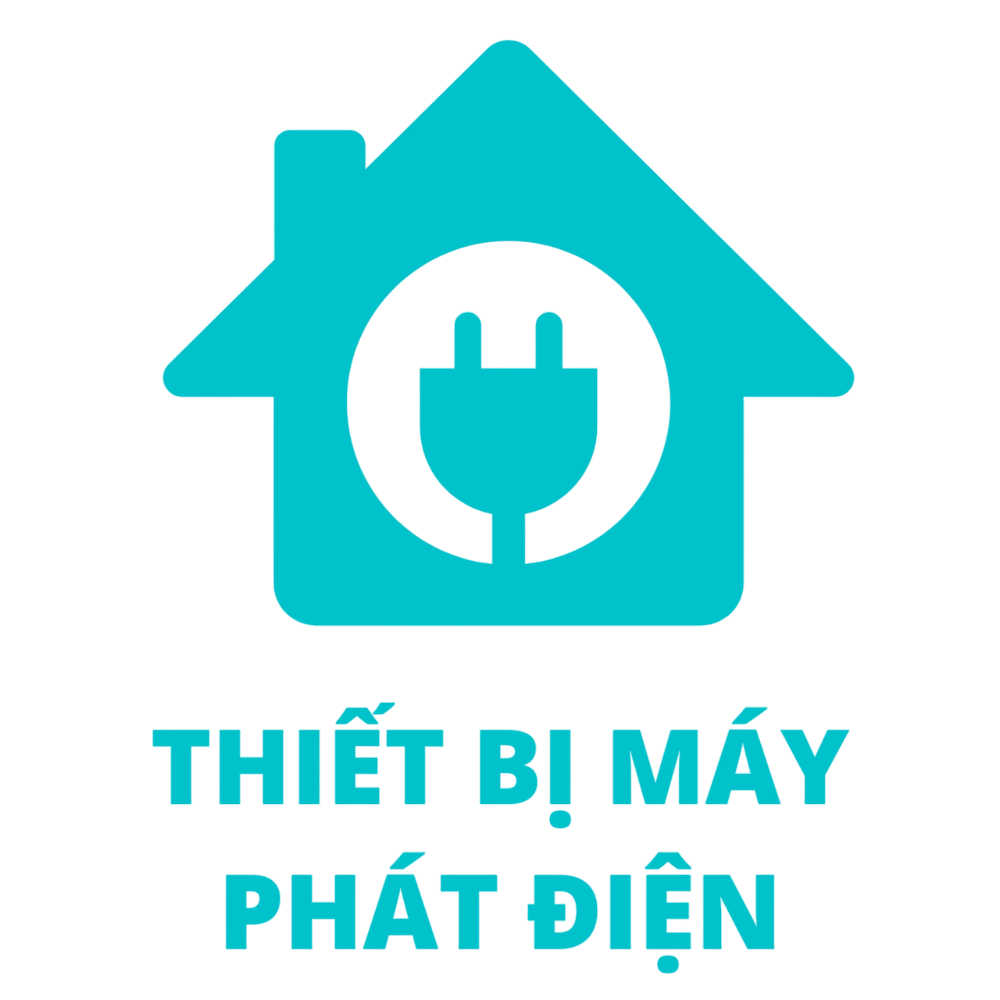The U.S. car industry in 2025 stands at the vanguard of engineering breakthroughs, driven by advancements in cognitive computing.
—
## Core Tech Drivers in U.S. Automotive Development https://techcarusa.com/
### Machine Learning
Neural networks now act as the backbone of contemporary vehicle technologies, with **81% of dealerships increasing AI budgets** to enhance buyer engagement platforms.
Startups like **Wayve** are leading deep learning models for driverless automobiles.
—
### Electric Vehicle Infrastructure and Green Technology
The U.S. EV market is growing exponentially due to national tax credits and industry capital. **Aptera Motors** leads in sun-powered technology, offering a tri-motor EV with high-efficiency solar panels.
Federal mandates play a essential part: The **CHIPS Act** has stimulated $52 billion in chip manufacturing funding.
—
### Self-Driving Technology and Connectivity
Automated vehicle tech is transitioning from partial to high automation. **Waymo** employs laser-guided ride-hail vehicles that have accumulated 20 million miles with a **67% lower collision rate**.
—
## Industry Leaders and Startups Powering Advancements
### Major Automakers
– **Ford**: Partnering with **Google Cloud**, Ford’s advanced driver-assist system offers automatic passing features.
– **Tesla**: The 2026 Roadster prototype boasts a **620-mile range** using aerospace-inspired thermal management tech.
—
## Hurdles and Compliance Issues
### Vehicle Protection
As vehicles generate **25 GB of data per hour**, breaches pose serious vulnerabilities. The **NHTSA** mandates **UN R155** cybersecurity regulations.
—
## Industry Projections
Major innovations to monitor include:
– **Solid-State Batteries**: **Mercedes-Benz** aims to launch 621-mile range EVs using **QuantumScape** cells.
– **AR/VR Integration**: Virtual reality interfaces are expected to reduce accident rates by 30% by 2030.
